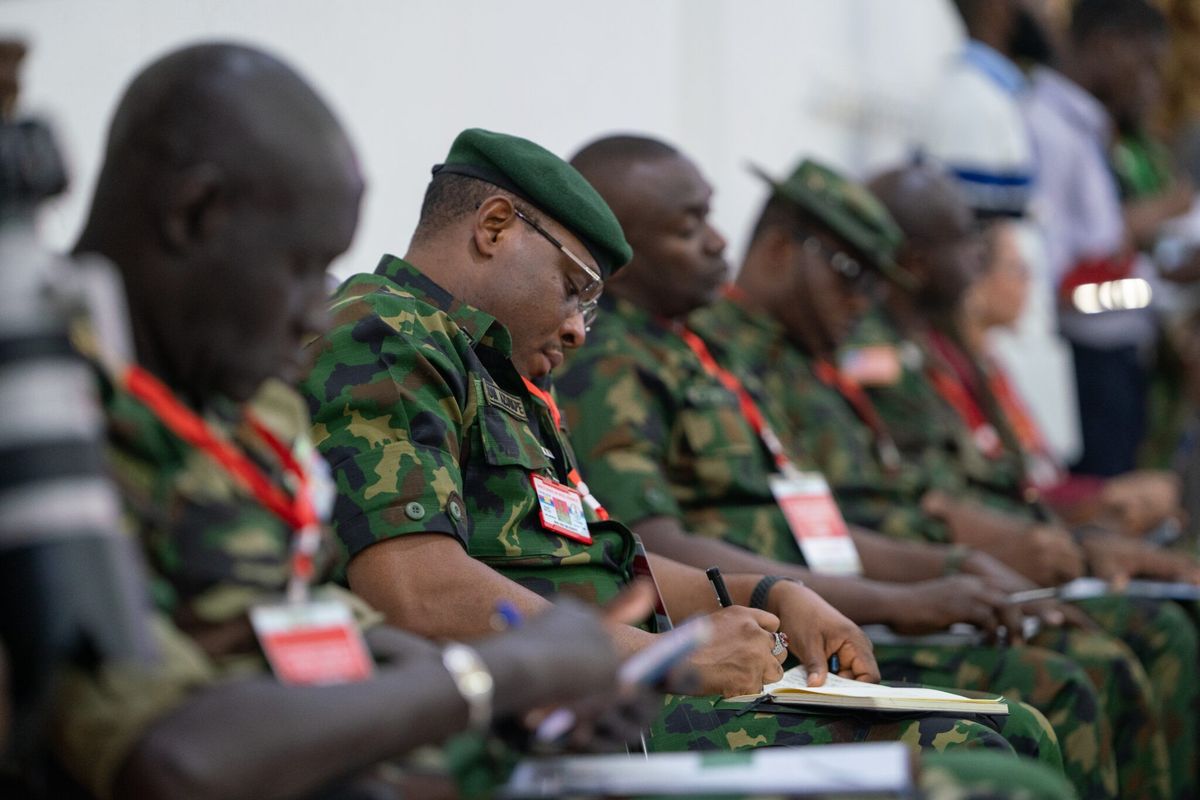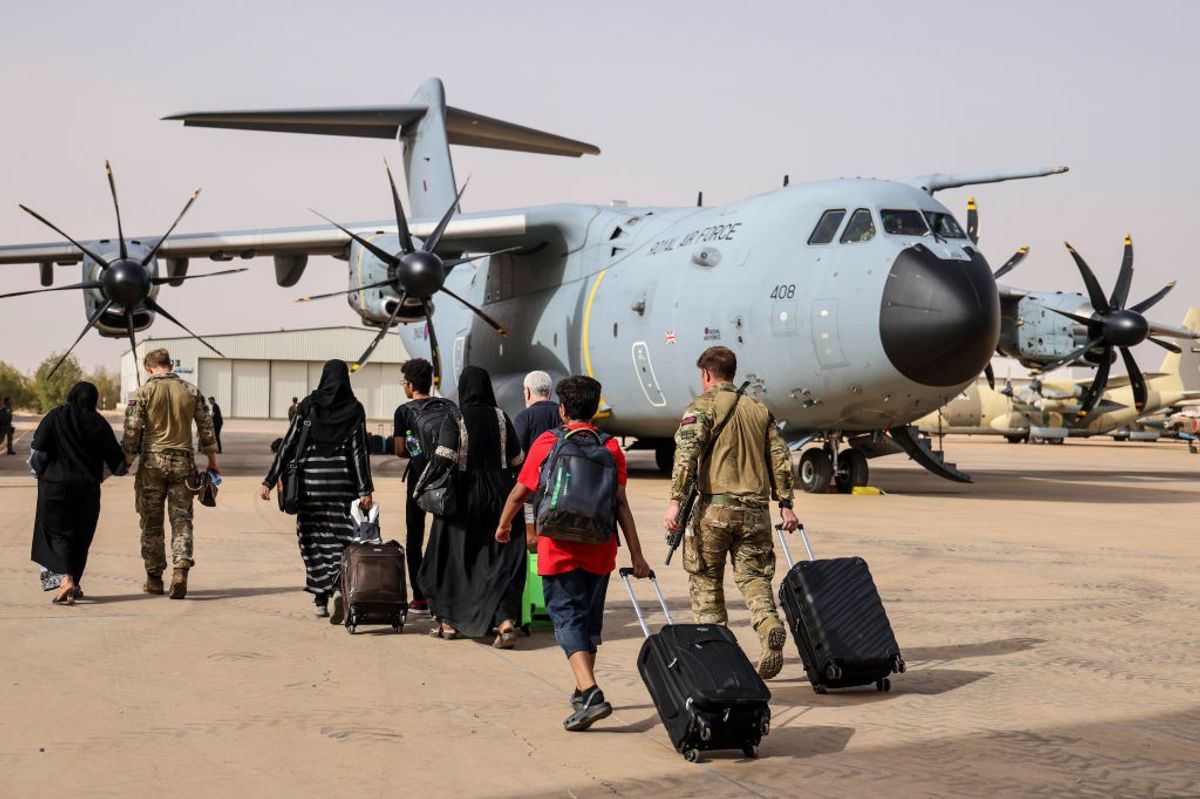With the recent announcement that presidential elections in the Democratic Republic of the Congo will be postponed until at least 2018, tensions have been rising over the continued reign of DRC President Joseph Kabila. The Cipher Brief spoke with John Siko, Head of Business Intelligence for Africa at the Risk Advisory Group, about the current political climate in the DRC. According to Siko, people in the DRC “are not terribly enamored with Joseph Kabila,” and there is not much “likelihood that this frustration is going to go away over the next two years.”
The Cipher Brief: A Congolese electoral commission recently stated that it could take two more years to organize a new election. What are the possible scenarios stemming from this in regards to the country’s political stability?
John Siko: When you look at what’s happened in DRC in recent weeks, you see violence centered in Kinshasa. However, DRC is a massive country that is poorly connected by communications and infrastructure. Thinking about the DRC as a country is quite difficult, because it is heavily fragmented along regional and ethnic lines.
Kinshasa specifically is a mega-city, and a place that is extremely underdeveloped. Since DRC President Joseph Kabila took power in 2001, and even since his father took power, the city has gone downhill significantly in terms of service delivery and quality of life for its citizens. So in Kinshasa, you have many people who are really fed up with the current situation.
And the people also, and this goes back for many years, are not terrible enamored with Joseph Kabila. He doesn’t speak Lingala, the local language, terribly well and is kind of viewed as an outsider – somebody who came in when his father invaded the DRC in 1997. Kabila is someone who is not really thought of as Congolese by many, especially by people in western Congo. So Kabila himself is extremely unpopular in the capital.
If you want to think about scenarios, I don’t see much likelihood that this frustration is going to go away over the next two years. Kabila, no matter what he does, is going to have a very difficult situation, especially in Kinshasa. And then looking around the country, I can’t think of any place offhand where one can call Kabila popular. How this is going to play out in the rest of the country is something to keep an eye out for over the coming weeks and months.
I would also take a step back and say that the DRC has been plagued by conflict and violence for decades now. Just the other day, there were some renewed attacks in the east. It has died down substantially in the past few years, although conflict still periodically rears its head. And so with Kabila making this announcement, I wouldn’t say it will necessarily spark renewed conflict in the east, but it’s certainly not something that is going to do any favors for the stability of the country.
TCB: The DRC has many militia groups that oppose the government. How have they reacted so far to the news that Kabila will remain in power?
JS: Although I haven’t seen specific reactions, with Joseph Kabila staying in power, it is something that is just going to exacerbate an already difficult situation on the ground. The announcement that the elections are going to be delayed by at least two years, at least that’s what it is looking like, I wouldn’t necessarily say is going to spark greater conflict in the east by some of these groups, but it’s also certainly not going to placate them in any way.
TCB: The DRC relies on mineral wealth for its prosperity. How could the political crisis impact the country’s economic sector?
JS: I don’t think the economic impact is going to be that significant, largely because the economic situation is already quite moribund, particularly given the collapse of commodity prices in the past few years. Also, regarding the Congolese economy, this is a situation where you can’t really think of the DRC as a unitary entity.
Katanga in the southeast is the center point of the mining economy, and almost everything exported from there goes through Zambia. It’s really a kind of independent state unto itself, at least in terms of how it operates. The degree of control from Kinshasa over to Katanga and other parts of the east is almost non-existent. So different parts of the country are going to essentially carry on doing the same things that they would have done already.
One issue to keep an eye on in relation to the elections is if the U.S., the EU, and other entities put sanctions, not necessarily on the country itself, but perhaps on certain officials within the country. Will that have an impact on Congo writ large? Probably not very much. One thing that we’ve seen in the past, in Zimbabwe in particular, is where sanctions have been put on governments elites, they have been able to spin the story so that it appears as though sanctions are actually on the country. This won’t have much effect on the economy, but it could be a tactic to foster anti-Western sentiment. With Congo it’s hard to say.
But the bigger point is that the country’s economy is already so bad that I can’t see the announcement by Kabila really changing things in any dramatic way.
TCB: What are the potential ramifications of yesterday’s arrest of Bruno Tshibala, the deputy secretary-general and spokesman for the Union for Democracy and Social Progress (UDPS), and a key opposition figure? Could this further fan the flames?
JS: This is one of these situations that fits into a broader narrative of the government clamping down rather than negotiating or trying to find some way around the impasse. That’s what we’ve seen in the last couple of weeks when the government did crack down. The opposition is claiming that around 50 people were killed. But the way the government is reacting, at least as of right now, seems to be clamping down rather than seeking some kind of accommodation.
In 2006 and 2011, South Africa, for example, played a key role in keeping the DRC’s elections on track and pushing the government to do the things it needed to do to hold elections. You’re not really seeing that now. It doesn’t seem like there is an external actor that is playing that role to keep Kabila onside and to make sure that there is a national dialogue. There is a situation where nobody is pushing all of these actors to come together and putting pressure on them.
But the way that Kabila is approaching this suggests he is going to keep clamping down until somebody leans on him, is able to apply pressure, and says that he needs to have a broad-based dialogue and bring the opposition actors to the table. I just don’t see anybody out there who is willing or able to play that role at the moment. If there is not going to be that external pressure, I don’t see why Kabila would necessarily submit, and from what we saw the other day, the government was able to clamp down on that pretty effectively. The security forces, I wouldn’t say they are terribly professional, but they have shown at least in Kinshasa that they can put the vice on things if they want to. How long that is going to be viable is another question entirely.
TCB: Are there any potential leading candidates that could replace Joseph Kabila as President of the DRC?
JS: Not that I’ve seen. One thing that stands out is the fragmented nature of Congolese politics. That has been an issue for decades. There are certain people who are more popular in Kinshasa. Katanga operates more or less unto itself. The east, the north, every area is based on ethnic and regional lines and has certain candidates that are more popular.
From what I’ve seen in this election cycle so far, there is nobody who has really jumped out at me as a unifying candidate. Something we have also seen in the past is that it’s really going to be about coalition building. There have been attempts at forming coalitions against Kabila in the past, but they were not successful in the 2006 or 2011 elections. It’s been a very popular strategy for Kabila to divide and conquer. I don’t see anyone who is really jumping out as the frontrunner against Kabila.













